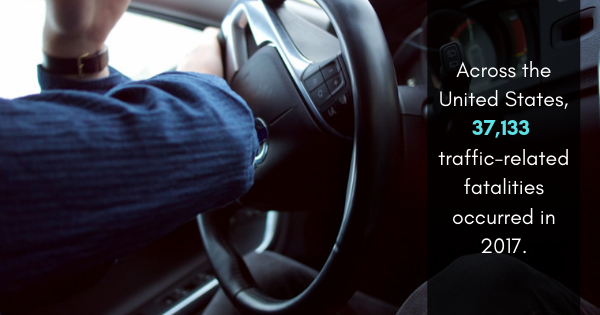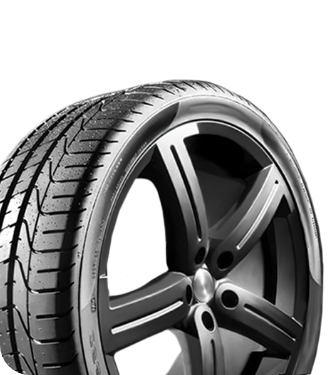

Tire Blowout: What To Know About Causes and Prevention
Safety Tips |One of the scariest things that can happen to a driver is suffering a tire blowout. Below, we’ll explain what you need to know about tire blowouts, including what causes them, and offer prevention tips.
What Is a Tire Blowout?
While “blowout” and “flat” are terms that people use interchangeably regarding tires, and while the result (a deflated tire) is the same, they’re quite different. As its name suggests, a blowout is much more sudden. It’s when a tire suddenly loses its air pressure, instantly turning into a dangerous flat tire. While flat tires are gradual, tire blowouts are immediate and more dangerous.
What Causes Tire Blowouts?
Here are some factors that could lead to tire blowouts.
Over- or Underinflated Tires
While you may think that overinflated tires are more common reasons for a tire to blow out, underinflation often causes blowouts. An overinflated tire can cause a blowout like overinflation causes a balloon to pop. But you have to overinflate a tire in the first place to achieve this.
An underinflated tire causes more of the tire, specifically the sidewalls, to touch the ground. This increased friction wears on the less durable tire sidewalls and, with enough speed and heat, causes a blowout.
Overloaded Vehicles
Another common reason tires blow out is that they’re carrying too heavy a load. This is more common for industrial vehicles and transports with significant loads, but it can occur in a car, pickup truck, or SUV. Every tire has a load limit, which you can find printed on the sidewall. Check your car’s sidewall and find its weight limit via its tire load index chart.
Worn-Out Tires
In many tire blowout cases, the tires were old and worn due to age or excessive use. The older your tires are, and the more miles on them, the less rubber they have. And the less rubber, the more likely friction and heat will cause a blowout. Tires vary by makeup, but you should typically replace your tires every five years or so or roughly every 50,000 miles.
Road Heat and Hazards
Tire blowouts are much more likely to happen in the summer on hot days, as the increased heat causes more friction and wearing of the rubber. Other road hazards can also cause blowouts, like sharp objects (nails, screws, etc.) and even potholes.
How Do I Prevent Blowouts?
Now that you know about the causes of tire blowouts, you can prevent them better. The key is regular tire maintenance, including keeping the PSI within the recommended range for your vehicle. Rotate your tires regularly to ensure they wear at an even pace and avoid any potholes or hazards on the road.
Get New Tires or Tires Services at RNR Tire Express
If your tires need servicing or replacing, stop by RNR Tire Express tire shop in Lubbock for all your needs. We also have locations nationwide, so no matter where you are, RNR Tire Express can help!





